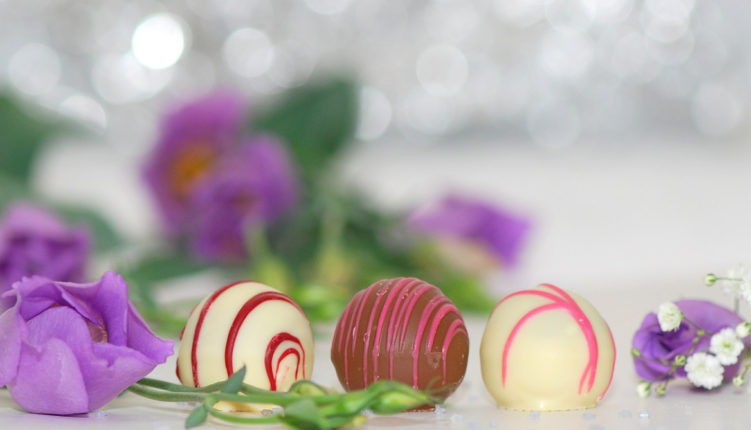Chocolate has not always been a sweet edible treat, originally it was very much a bitter beverage.
Made from beans found in pods (fruit) from the cacao tree, which is native to Central and South America, chocolate has been traced back to the Olmecs (Mexico) from 1500BC.
The Central American Mayans revered chocolate, drinking it in celebrations and to seal important transactions. Being available to most everyone, chocolate was enjoyed with chilli, honey and water.
The Aztecs took it to another level; they believed that their gods had given them chocolate and drank it hot or cold and also used it as currency – cacao beans were considered more valuable than gold at the time. Montezuma II, the last and perhaps the most notorious of the Aztec rulers, is quoted as saying, “The divine drink, which builds up resistance and fights fatigue. A cup of this precious drink [cocoa] permits a manto walk for a whole day without food.”
It is generally agreed that chocolate was brought to Europe via Spain, although there are conflicting reports as to the person who did so. Christopher Columbus, Hernan Cortes and King Felipe II have all been attributed the honour of bringing the beans over during the early to mid-16th century.
Chocolate mania soon spread through Europe, but European palates were not satisfied with the traditional chocolate drink from across the Atlantic and they started to add sugar, cinnamon and other spices.
A process, discovered by a Dutch chemist in the early 19th century, enabled chocolate to be used as a powder with another of his inventions being a cocoa press that separated cocoa butter from roasted cocoa beans, thus enabling the creation of a wide variety of chocolate products. Both of these processes meant chocolate could be mass-produced and available to everyone.
And so, for the tenth year running the Algarve is becoming a mecca for chocolate lovers. From February 8 to 16, visitors to the Algarve can taste chocolate in its many forms at the Loulé Chocolate Festival.
With free entrance, the festival will be open at Loulé municipal market from 10am until 7pm.
For those who are not chocolate fans though there is plenty to choose from in local cafés including the world-renowned Pastel de Nata.
Image: ©DreamyArt|Pixabay

